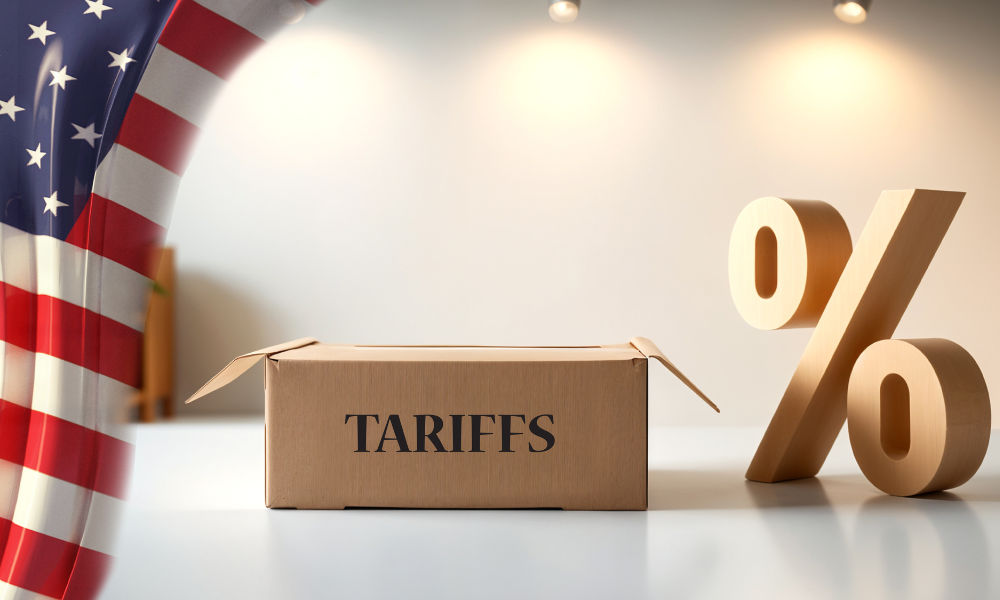
Taskforce comes amid warning that Singapore will be 'significantly impacted'

The Singapore government will establish a taskforce with businesses and workers to guide the country in navigating the sweeping tariffs imposed by US President Donald Trump.
Prime Minister Lawrence Wong announced this week that the taskforce will be led by Deputy Prime Minister Gan Kim Yong, and will include the Singapore Business Federation, the Singapore National Employers Federation, and the National Trades Union Congress.
Wong said the taskforce aims "to help businesses and workers address the immediate uncertainties, strengthen their resilience, and better adapt to the new economic environment."
Gan said they are still working out the details of the taskforce's composition and its key tasks, Channel News Asia reported.
However, he noted that one of its strategies will be to gather information from private-sector representatives regarding the challenges that they may face and how the government can provide support.
According to the deputy prime minister, their guiding principle is to be "as transparent as possible."
"When we know something important, we'll share with the population, with the businesses, with the workers, with the unions and with members (of parliament)," he said as quoted by CNA.
The new taskforce is the country's response to Trump's sweeping tariffs on various countries. In Singapore, the US president imposed a 10% minimum base tariff.
Wong warned that Singapore's outward-oriented sectors will suffer the brunt of the impact, such as manufacturing, especially segments that have higher export exposure to the US including electronics and semiconductors, as well as biomedical science.
It will also impact wholesale trade and transport, as well as the finance and insurance industries.
"Singapore may or may not go into recession this year. But I have no doubt that our growth will be significantly impacted," Wong warned in a ministerial statement.
According to Wong, the Ministry of Trade and Industry (MTI) is already reassessing the country's growth forecast and will likely revise it downward.
"Slower growth will mean fewer job opportunities and smaller wage increases for workers. And if more companies face difficulties or relocate their operations back to the US, there will be higher retrenchments and job losses," the prime minister said.
The Singapore Business Federation (SBF) said they welcome the formation of the national taskforce on Trump's reciprocal tariffs.
"Given the potentially detrimental impact of the tariffs, the formation of an MTI-led National taskforce to seek input from businesses on the implications and potential response is timely and necessary in keeping with the government's pragmatic and calm reaction to the events of the last few days," said SBF CEO Kok Ping Soon in a statement.
The federation also urged the government to use the period to seek out opportunities to "strengthen economic integration with other like-minded nations."
"The current situation presents an opportunity for ASEAN to review regional non-tariff barriers to facilitate greater intra-regional trade," Kok said. "Existing agreements like the Regional Comprehensive Economic Partnership should be further enhanced to foster economic integration."